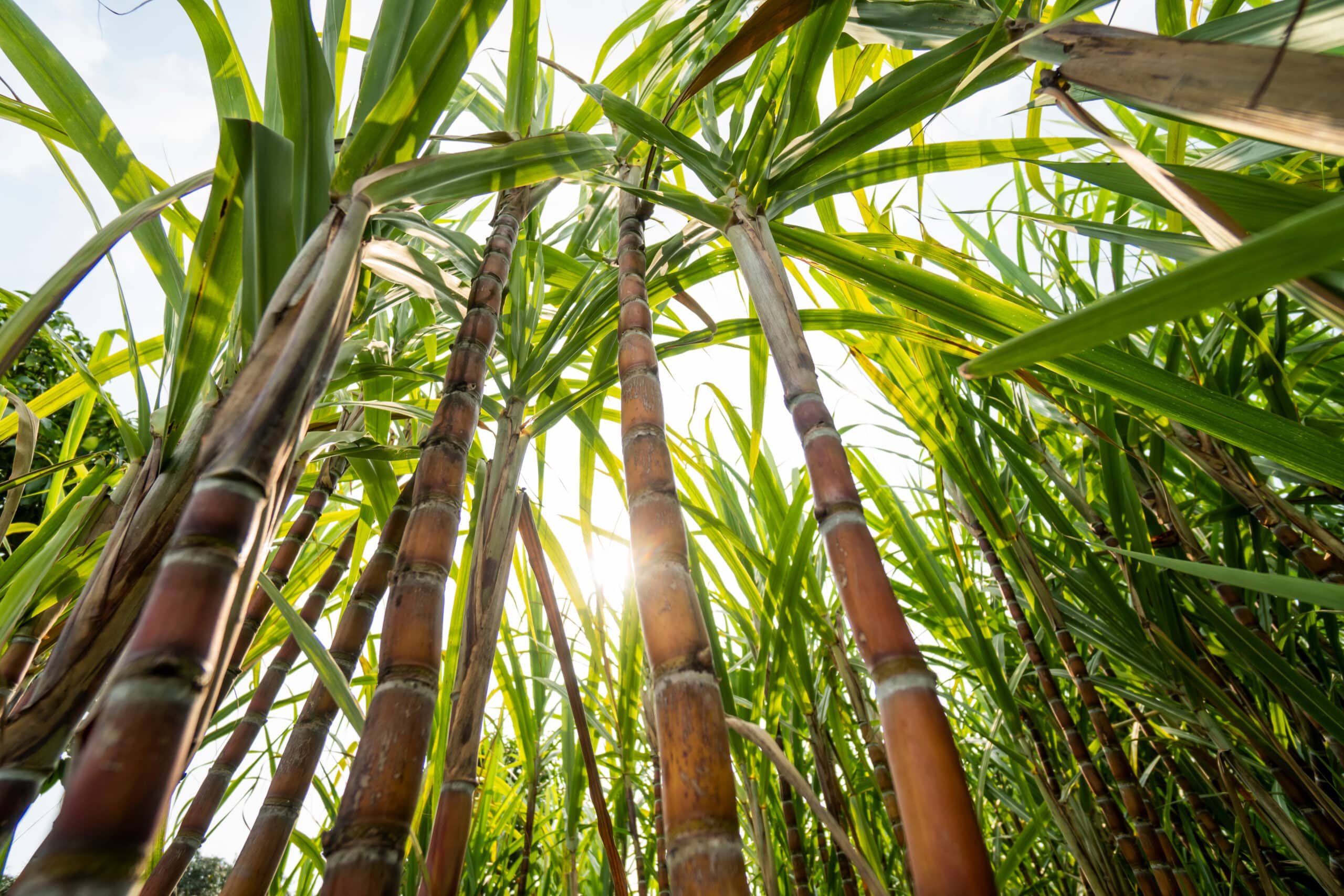The sugar industry is globally known for consuming excessive amounts of freshwater resources. Sugarcane has been a strategic crop for the provinces of KwaZulu-Natal and Mpumalanga for many decades and comprises of a substantial percentage of field crop gross farming income across the two provinces.
In a 2019/2020 report, there were 21 926 registered sugarcane growers who annually produce on average 20 million tons of sugarcane from 14-mill supply sites, extending from southern KwaZulu-Natal to the Mpumalanga Lowveld. According to Grain SA, there are 14 sugar mills operating in South Africa which are owned by six companies. The mills operate for approximately 36 weeks of the year between April and December.
In South Africa, approximately 30% of sugarcane is grown under irrigation. There is an increasing drive to incorporate the more efficient use of scarce water resources. Innovative approaches for agricultural water management may improve water efficiency, this will ensure an economic advantage, while eliminating the negative environmental impact. It is important provide support by the extension of services, to help farmers with the adaptation and implementation of viable solutions.
For example, a single 2,5 kg bag of refined white sugar uses approximately 400 litres of water, most of it from the farming of sugarcane in South Africa. Better technology and irrigation management would go a long way toward solving some of these problems. Even though irrigated crop uses a large proportion of South Africa’s available water resources, the importance of this sector for the economy and for food security is undeniable.
We have specialized in increasing biological, technical and economic efficiency for sustained productivity in the water sector. Poverty reduction through water-based agricultural activities will enhance profitability and ensure sustainable water use through protection, restoration and reclamation practices.
MEB partners with proprietary technologies that collectively have more than 30 years of experience in the design, construction, and operation of water and wastewater treatment plants. Speak to us today to learn more!

